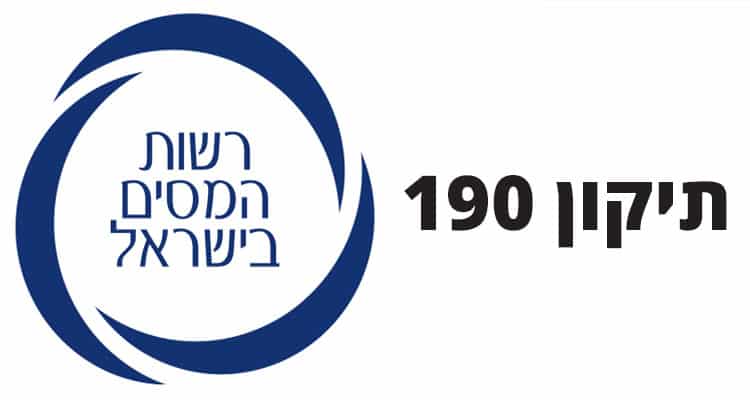 Over the past decade the Israeli Government has been encouraging citizens to ensure they have long-term savings for retirements. A classic example would be a doctor who is working in a public hospital who contributed to his pension plan based only on his paltry government salary, while in his private practice he earns a multiple of this figure but neglected to put aside funds for retirement income.
Over the past decade the Israeli Government has been encouraging citizens to ensure they have long-term savings for retirements. A classic example would be a doctor who is working in a public hospital who contributed to his pension plan based only on his paltry government salary, while in his private practice he earns a multiple of this figure but neglected to put aside funds for retirement income.
This strategic goal has reshaped the investment landscape with new laws, new financial products and constant tax rule updates and changes. The most current ruling titled “Tikun 190” is an opportunity for huge tax savings, efficient estate planning and maximum investment flexibility and returns.
In short, “Tikun 90” allows an Israeli citizen to contribute significant amount of funds into a provident fund or kupat gemel. Funds invested in these provident funds are locked until retirement age, which is at the young age of 60, and earlier than the official retirement ages of 64 for women and 67 for men.
A provident fund is a long-term savings vehicle that does not pay tax on interest, dividends, or capital gains. In other words, all investments inside the fund are tax-free (aside from certain foreign withholding taxes). Of course, there is a catch; in order to withdraw funds tax-free, they must be paid as an annuity, i.e. a monthly payout for life.
But, in contrast to the typical provident fund (for which tax relief was given at time of deposit) this annuity will be paid tax free as it is coming from after-tax funds. In other words, if the account holder has a monthly pension of 20,000/month at retirement, which according to current tax laws is liable for taxes, the additional annuity monthly payment generated by the Tikun 90 kupat gemel will be paid out tax free!
Now, what about paying out a lump sum? According to current rules, a lump sum may be withdrawn provided that the account holder can demonstrate a minimum monthly pension of approximately NIS 5,000/month, which is deemed to be the minimum living pension; then he will be entitled to withdraw the funds as a lump sum, but with payment of 15% nominal tax on cumulative capital gain – versus the current capital gains rate of 25%.
Lastly, and perhaps most importantly, if the account holder passes away, the beneficiaries can reap as well certain tax benefits.
As such, for people who are nearing retirement, in their 50s and 60s this might be an opportunity to allow tax free investing for the short-to-medium term, with the ability to withdraw funds in an efficient manner.
The information on this site is not intended as and does not constitute investment advice or legal or tax advice or an offer to sell any securities to any person or a solicitation of any person of any offer to purchase any securities or investment products.
